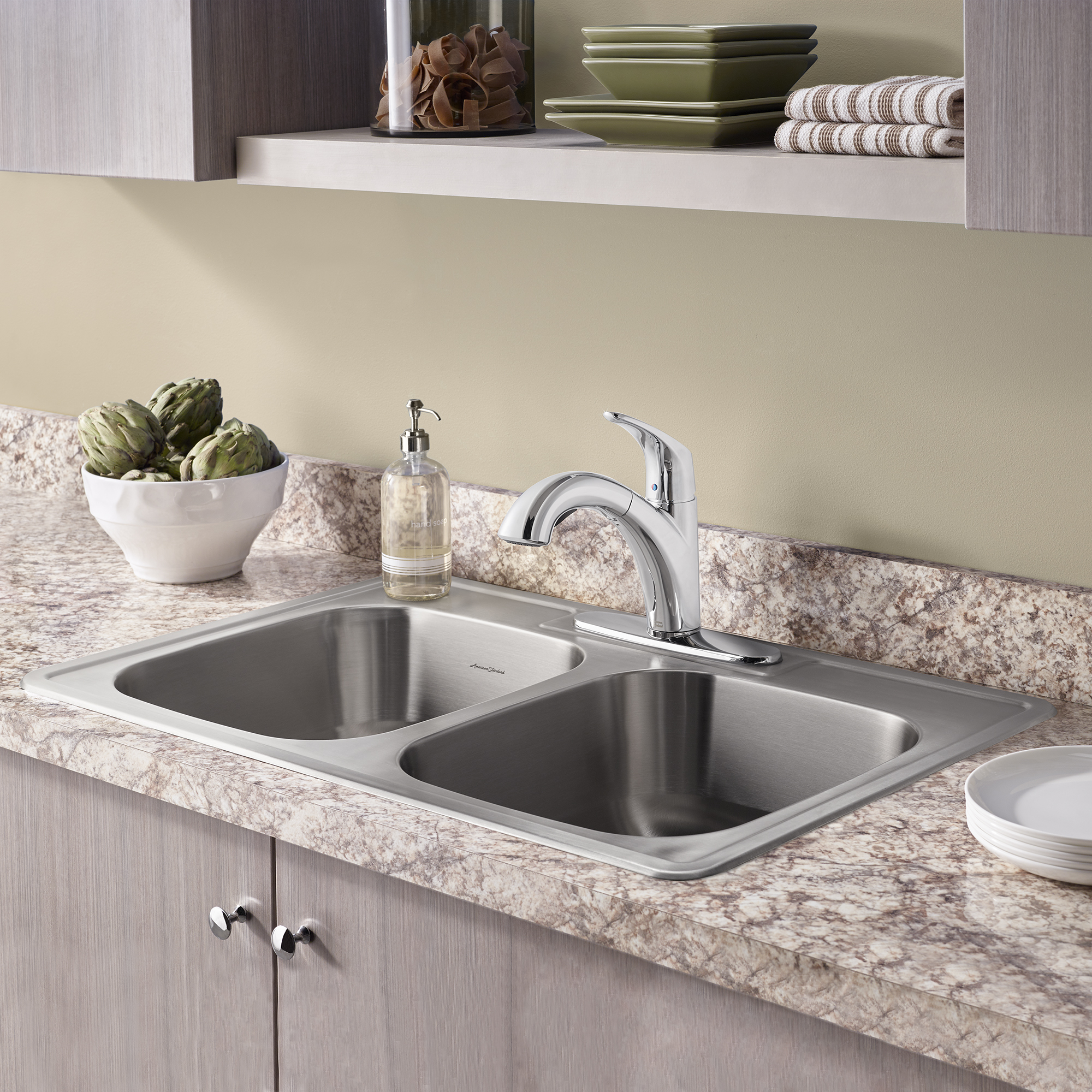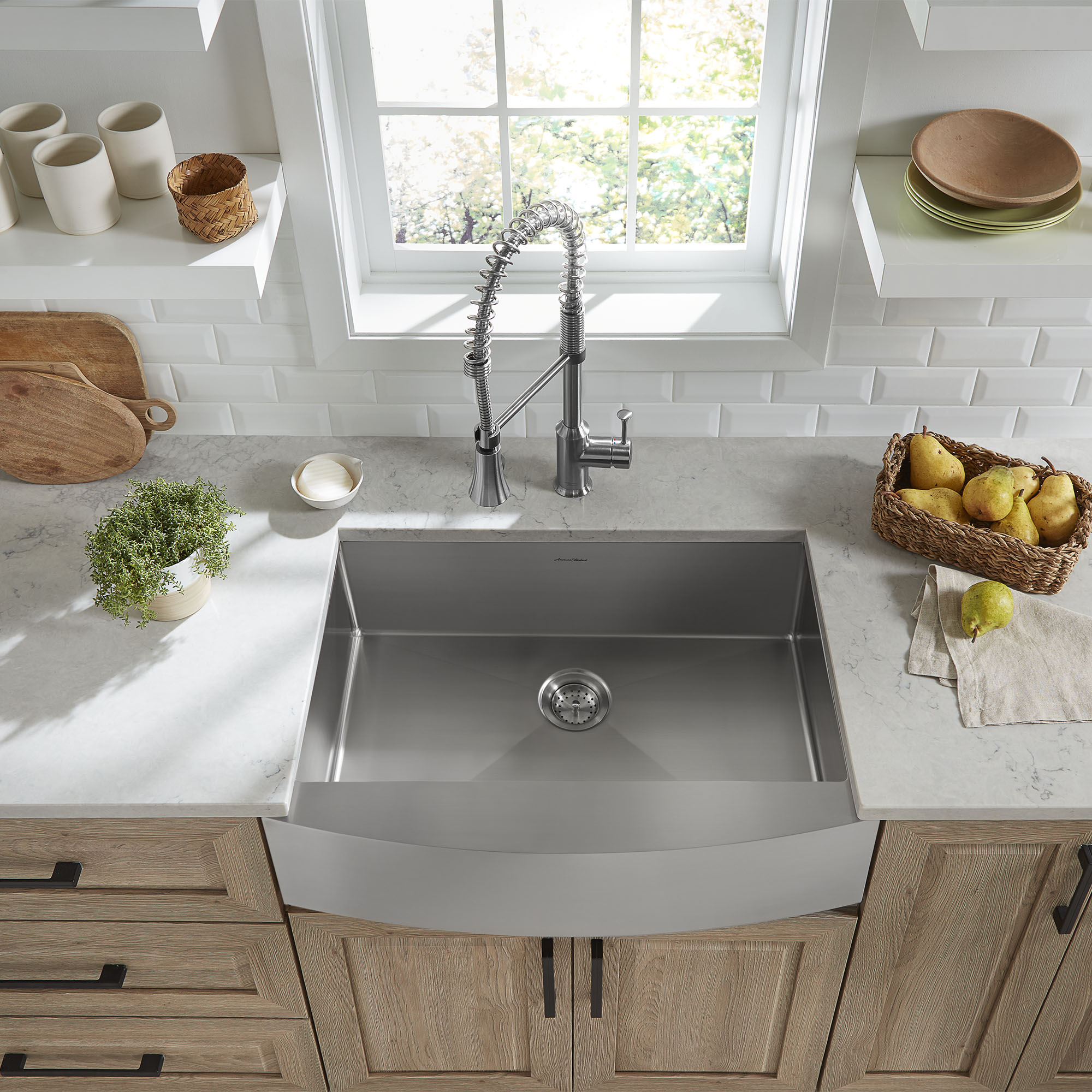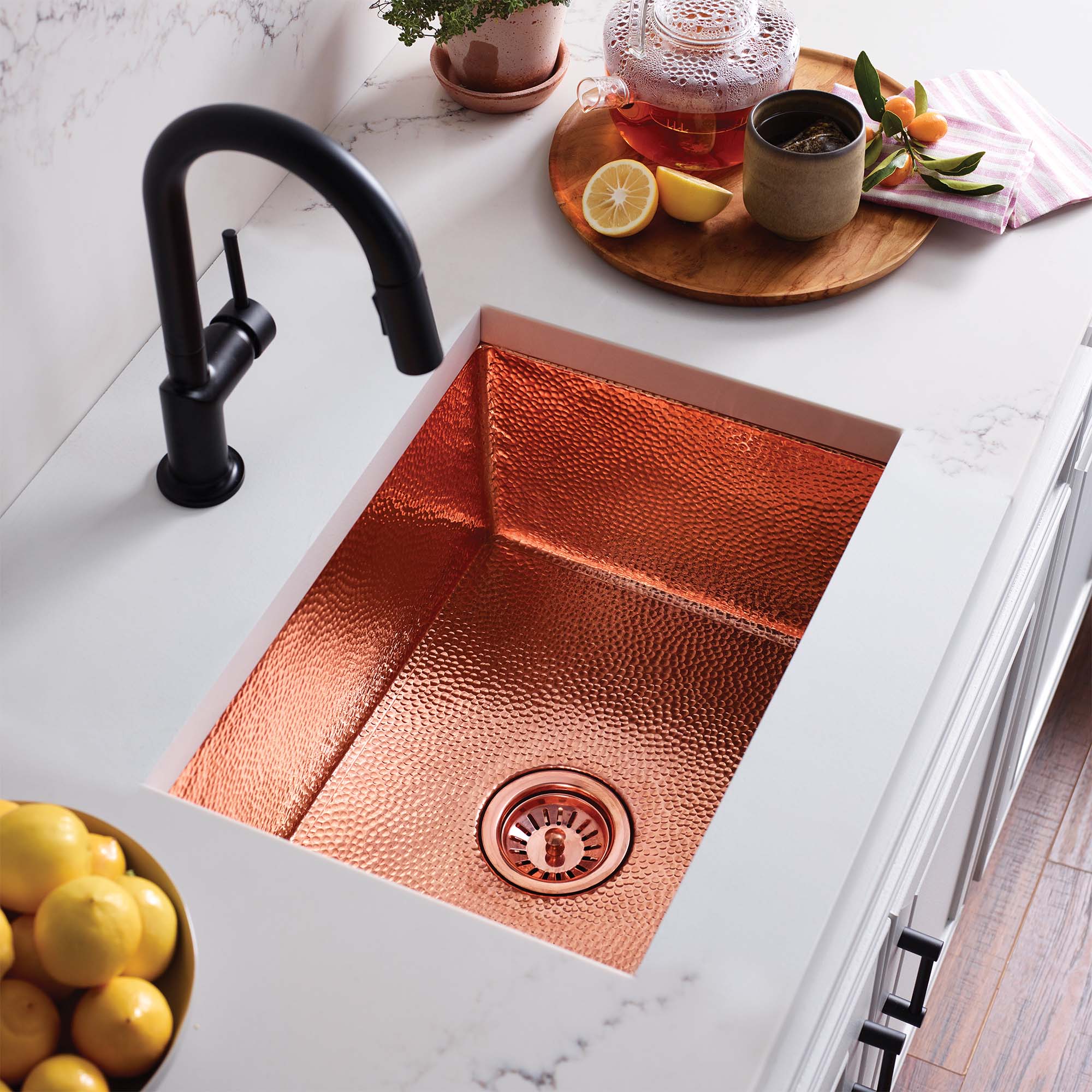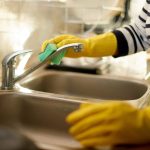Kitchen Sink Stopped Up? Easy Solutions to Unclog Quickly
Clogged kitchen sinks are a common household nuisance that can bring your daily chores to a grinding halt. The inconvenience of a backed-up sink can quickly escalate from a minor annoyance to a full-blown emergency if left unresolved. Fear not, for there are several effective and straightforward methods to tackle this problem without needing to call in a professional plumber. In this comprehensive guide, we’ll explore easy-to-implement solutions that will help you unclog your kitchen sink quickly and efficiently.

Understanding the Cause: Why Your Sink Gets Clogged
Before diving into the remedies, it’s crucial to understand what causes these pesky clogs in the first place. Kitchen sink blockages typically result from the accumulation of food scraps, grease, soap residue, and other debris that get washed down the drain. Over time, this buildup hardens, narrowing the pipe’s diameter and restricting water flow. Grease, in particular, is a significant culprit as it solidifies when cooled, forming a thick, sticky barrier within pipes. Knowing the root cause helps in selecting the right approach to solve the issue.
The Plunger: Your First Line of Defense
When faced with a stopped-up sink, your trusty plunger should be the initial tool of choice. This simple yet powerful device can work wonders on basic clogs. Start by filling the sink partially with warm water, positioning the plunger’s cup over the drain opening. Ensure a tight seal around the drain and pump the handle up and down vigorously. The force generated by the plunger creates pressure waves that can dislodge the obstruction, allowing water to flow freely again. Be patient and persistent; sometimes, it may take several attempts before the clog gives way.

DIY Drain Cleaning Solutions: Natural and Effective
For those who prefer a more natural approach or wish to avoid harsh chemicals, DIY drain cleaners can be highly effective. One popular method involves mixing equal parts baking soda and vinegar. Begin by pouring a pot of boiling water down the drain to loosen any soft blockages. Next, pour approximately half a cup of baking soda followed by an equal amount of vinegar. The resulting chemical reaction produces fizzing, which helps break down the clog. Let it sit for about 30 minutes, then flush the drain with hot water. This eco-friendly solution is safe for your pipes and the environment.
Using a Snake or Auger: Mechanical Intervention
If the plunger and homemade remedies fail to yield results, it’s time to bring out the plumbing snake or auger. These flexible tools are designed to penetrate deep into the drain, physically removing stubborn clogs. Insert the snake into the drain until you encounter resistance, then rotate the handle to hook onto the obstruction and pull it out. Snakes come in various lengths and styles, including manual hand-cranked models and powered versions for tougher jobs. Remember to use gloves while handling the snake to protect your hands from any unpleasant surprises lurking in the drain.

Preventive Measures: Keeping Your Sink Flowing Freely
While knowing how to unclog a sink is invaluable, prevention is always better than cure. Adopting a few simple habits can significantly reduce the likelihood of future blockages. Installing a mesh strainer over the drain catches food particles and prevents them from entering the pipes. Regularly cleaning the strainer and disposing of waste in the trash, rather than down the drain, is key. Additionally, avoid pouring grease or oil into the sink; instead, let them cool and dispose of them in the garbage. Lastly, periodically running hot water down the drain can help dissolve minor accumulations before they turn into major obstructions.
Professional Help: When to Call in the Experts
Despite your best efforts, some clogs prove too stubborn for DIY methods. Signs that it’s time to call a professional plumber include repeated clogging despite efforts to clear it, slow-draining water even after attempts at clearing, or if you suspect damage to your plumbing system, such as leaks or broken pipes. Professional plumbers have specialized equipment like hydro-jets that use high-pressure water streams to blast through even the most obstinate blockages. They can also diagnose and fix underlying issues that might be causing recurrent clogs.
Understanding Plumbing Basics: Knowledge is Power
Before delving deeper into advanced solutions, it’s crucial to have a basic understanding of your home’s plumbing system. Knowing the layout of your pipes and the location of cleanout plugs can be immensely helpful during a clog emergency. Cleanout plugs provide direct access points to your drain lines, allowing for more efficient clearing with a plumber’s snake or hydro-jet. Familiarize yourself with these points and keep them easily accessible for when professional help arrives.

Regular Maintenance: Scheduling Professional Inspections
Just like routine car maintenance, scheduling periodic plumbing inspections can prevent major disasters. Plumbers can inspect your pipes for early signs of corrosion, leaks, or other issues that could lead to clogs or more severe damage. They can also perform drain cleaning services using specialized tools to remove buildup before it becomes problematic. Annual or bi-annual check-ups can save you from unexpected emergencies and costly repairs in the long run.
Emergency Preparedness: What to Do in Crisis Situations
In the face of a plumbing emergency, quick action can minimize damage. Keep the contact information of a reliable plumber readily available and know how to shut off the main water supply to your home. In case of severe flooding due to a clog, being able to stop the inflow of water swiftly can prevent extensive water damage to your property. It’s also wise to have a basic set of plumbing tools, including a plunger, drain snake, and adjustable wrench, on hand for immediate response.

In conclusion, dealing with a stopped-up kitchen sink doesn’t have to be a headache. By starting with basic tools like a plunger, progressing to natural cleaning solutions, and resorting to mechanical means like a plumbing snake when necessary, you can effectively restore the flow in your kitchen sink. Incorporating preventive measures into your daily routine ensures that future clogs are kept at bay. However, knowing when to seek professional assistance is equally important to prevent further damage to your home’s plumbing infrastructure. With these strategies in mind, you’ll be well-equipped to handle any sink clog that comes your way.


